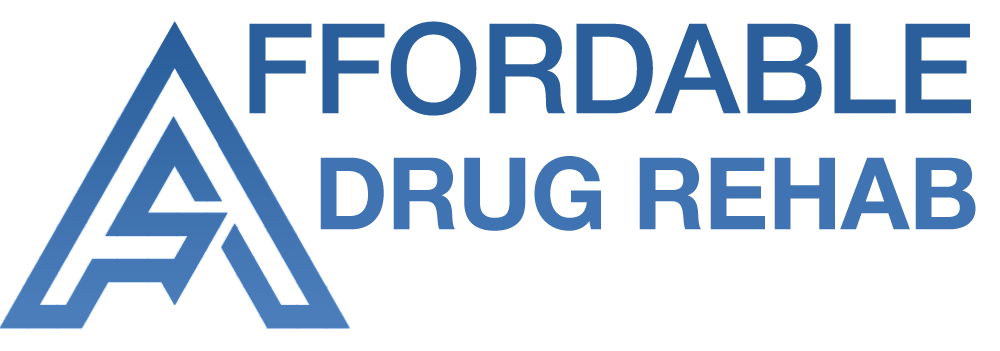Give us a call1 (888) 850-3656
How much does the government spend on addiction treatment?
Government spending on addiction treatment varies year to year and across different levels of government, but significant amounts are allocated to address substance abuse. For example, on a federal level, the Substance Abuse and Mental Health Services Administration (SAMHSA) was appropriated $5.7 billion for the fiscal year 2020. This includes funding for various grants and initiatives aimed at treatment and prevention. Texas, in its efforts, also invests in state-funded rehab programs, ensuring services are available to those who cannot afford private care. However, the exact figures can change with each state budget cycle, so it’s essential to look at the most recent appropriations for current data.
What makes the Affordable Drug Rehab Programs in Texas accessible to those who need it?
Accessibility is a core part of our mission at Affordable Drug Rehabs. We strive to remove financial barriers by offering a variety of payment options, such as sliding scale fees which adjust costs based on a person’s ability to pay, and payment assistance programs. Additionally, many of our programs are covered by insurance, including Medicaid and Medicare in certain circumstances, making them more accessible to a broader population. Texas also boasts several state-funded programs specifically designed to provide affordable care to residents, ensuring that no one is denied treatment due to lack of funds.
How do you ensure that your Affordable Drug Rehab Programs are effective?
We believe that effective treatment should be personalized, so we create individualized treatment plans for each of our clients based on their unique needs and circumstances. Our evidence-based therapies, such as cognitive-behavioral therapy and motivational interviewing, are delivered by experienced professionals committed to each individual’s recovery. We measure effectiveness through continuous monitoring and adjustment of treatment plans, client feedback, and success rates in terms of long-term sobriety post-treatment. Moreover, our holistic approach ensures that we’re treating the whole person and not just the addiction, which is crucial for long-term success. If you are seeking affordable drug rehabs in Texas or affordable drug rehab centers Massachusetts, give us a call today.
Can you describe the holistic treatments offered at your facilities in Texas?
Absolutely. Our holistic treatments are designed to address not only the physical dependence but also the emotional and psychological components of addiction. This includes therapies like meditation and yoga, which help in reducing stress and improving mental clarity. Some facilities even offer art therapy and equine therapy, providing creative and nature-based outlets for expression and healing. Our approach is to complement traditional therapies with these alternative practices to nurture the whole person – body, mind, and spirit – facilitating a more comprehensive and resilient recovery process.
How does Affordable Drug Rehabs support community integration after treatment?
Community integration is key to successful long-term recovery. We assist patients in transitioning back into society by offering resources like vocational training, which helps build job skills and restore confidence. Connections with local support groups are also facilitated to provide a solid support system. Our alumni network is particularly valuable, giving individuals a community of peers who understand their experiences and can offer ongoing support. We believe that by fostering these connections and providing these resources, we can significantly improve the chances of our clients living a fulfilling, sober life.
Resources Section
- Centers for Disease Control and Prevention (CDC): Provides comprehensive information about addiction, substance abuse, and various health concerns. Visit their substance abuse section for detailed guidance. CDC Substance Abuse Information
- National Institute on Drug Abuse (NIDA): Offers research-based information on drug abuse, its consequences, treatment, and prevention. NIDA
- Substance Abuse and Mental Health Services Administration (SAMHSA): Provides information on substance use disorders and mental health, and a treatment locator. SAMHSA
- National Institutes of Health (NIH): An integral part of the U.S. Department of Health and Human Services, the NIH is the nation’s medical research agency–supporting scientific studies that turn discovery into health. NIH
- World Health Organization (WHO): Provides global data and information on substance abuse and its impact on public health. WHO Substance Abuse
- U.S. Food and Drug Administration (FDA): Offers information on medication-assisted treatments (MAT) and regulation of substances. FDA MAT Information
- National Library of Medicine (NLM): Provides a wide range of resources on health topics, including substance abuse, through its service, MedlinePlus. MedlinePlus Substance Abuse
- American Psychiatric Association (APA): Offers resources on addiction and substance use disorders from a psychiatric perspective. APA Addiction Resources
- Office of National Drug Control Policy (ONDCP): Coordinates drug-control activities and related funding across the Federal government. ONDCP

